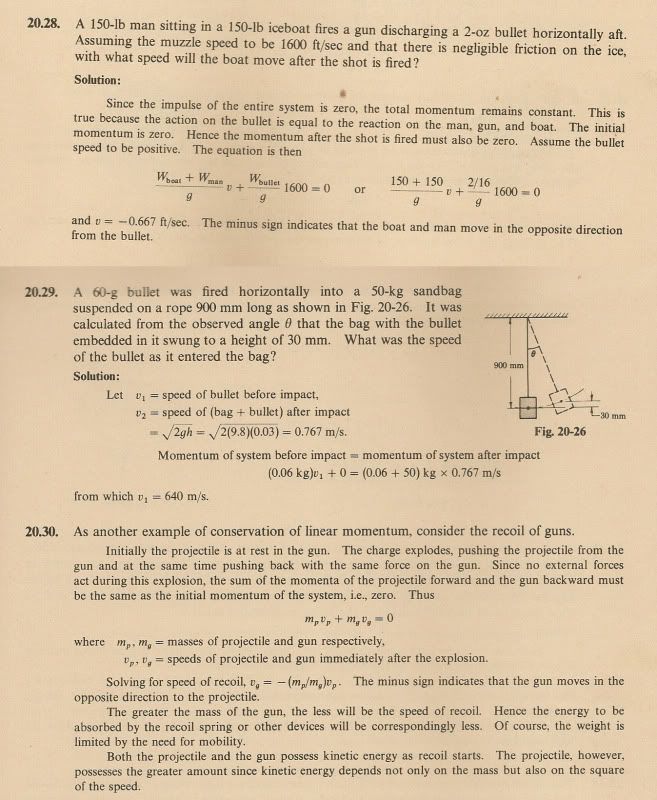Which I agree. I'm mainly looking at this from a "what does the .45 ACP do and what can it not really do?" I know it is silly, and the question might have more tread if we were talking about...say...a 5.7 or 9x18 Makarov lol. But I have little experience with a .45 and shoot 9 and .38s almost exclusively.
It's a handgun round, so what it does is poke small holes in people, which if placed in the right areas will shut off important functions of the body and eventually incapacitate somebody. Shot placement will probably be an important factor in determining how quickly that will happen. As will the amount of holes that you poke.
What it MIGHT do, is cause somebody to FALL down, either because you destroyed something they needed to continue standing, or because their brain tells them "You just got shot, it's time to die".
What it WONT do, is blow people in half or "knock" them off of their feet.
Pros: It, like it's brothers the 9mm and .40, is a good centerfire handgun that is going to be about as effective as any handgun round can be (unless that guy who rolls around with a .45-70 BFR on your hip). It, like it's brothers the 9mm and .40 is chambered in just about any platform you could want by reputable manufacturers who make quality products. It, unlike it's brothers (I know there are several exceptions to this), is what 1911s are normally chambered in. It also does have a rich history, and generally carries more "WOW" factor to people who's gun expertise comes solely from watching TV and playing Call of Duty.
Cons: Bullets cost more, you will generally have a lower magazine capacity, and more recoil, which usually translates to slower follow up shots. Also because of the diminished magazine capacity and increased recoil, most good gun manufacturers will offer more compact CCW guns in 9mm or .380 than they will in .45. Hence the reason I doubt there will be a "Glock 44" chambered in .45. But hey, you never know.
Also, remember that recoil management doesn't have anything to do with being able to fire a gun, or even hitting things with it. We've all seen the youtube videos of the guy dual wielding .500s. It's about your ability to quickly bring that gun back on target, fire accurate follow up shots, and do it consistently. Some people can do that just as easily with a .45 as a 9mm. Some can't.

